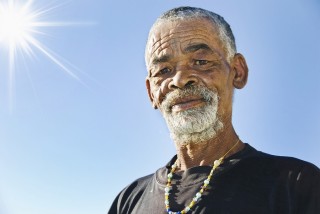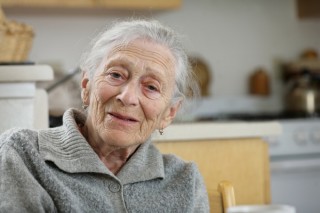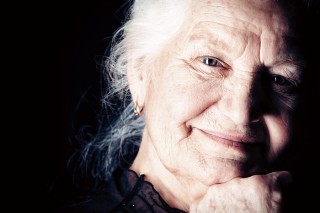Note from PlannersWeb Editor Wayne Senville: In light of the start of our series Across Generations: Young and Old, I thought these words by Burlington, Vermont, Rabbi Joshua Chasan are worth reading — and thinking about: 1
Comments by Rabbi Joshua Chasan:
The Book of Job tells us that the elders are wise. “For wisdom is with the old, and understanding with length of days.” (Job 12:12). Torah itself closes with Moses reminding our people to respect those who went before them. “Ask your father and he will tell you, your elders and they shall instruct you.” (Deut. 32:7).
Unfortunately, in America today, and many other places around the world, elders are not accorded such respect, perhaps because wisdom itself is not in such high repute. Better to score high on standardized tests than be wise! We much prefer genius to wisdom. Technological breakthroughs require genius, “a natural talent or inclination,” more valued these days than wisdom, an “understanding of what is true, right, or lasting.”
 Wisdom comes of the hard experience of age. Traditional societies depended upon the wisdom of their elders. There was kavod (Hebrew for respect) for elders. Instead today, we call the old “the elderly,” improperly using an adjective as a noun. Elderly as an adjective is simply descriptive; elderly as a noun — the elderly — often carries with it concern about how much it is going to cost us to support them. Calling old people elders reminds us of their life experience and potential for wisdom.
Wisdom comes of the hard experience of age. Traditional societies depended upon the wisdom of their elders. There was kavod (Hebrew for respect) for elders. Instead today, we call the old “the elderly,” improperly using an adjective as a noun. Elderly as an adjective is simply descriptive; elderly as a noun — the elderly — often carries with it concern about how much it is going to cost us to support them. Calling old people elders reminds us of their life experience and potential for wisdom.
I listen carefully when President Obama speaks about “seniors,” and I hear no disrespect. But like “the elderly,” the word “seniors” gets us worrying about the bottom line. Unfortunately, over the past eighty years, we have lost sight of the respect for the old out of which programs of social and economic security were created, beginning with the New Deal.

Today, when we think about older people, we think in terms of expensive “entitlements.” There is little or no sense of the respect due to a senior citizen. The fact is, that “citizen” has dropped out of the expression. Elders are now simply called “seniors,” as in “senior center, “senior housing.” Something of their humanity has fallen away. …
The problem is not new. Back in Talmudic times, a sage complained that “[w]hen we were young, they told us to act like adults. Now that we are old, they treat us like babies.” (Baba Kamma 92b) It is a great challenge for the staff of nursing homes and assisted living facilities not to patronize the old people whom they serve. Warehousing of older people is institutionalized ageism.
It takes a village to raise children, and it takes a village to care for older people, especially older people whose families have modest or little savings and/or income. …
“The name of the mitzvah concerning elders,” the writer and promoter of tzedakah Danny Siegel points out, is hiddur p’nai zakayn,” which he translates as “allowing the beauty, light, glory, and majesty of our elders’ faces to emerge, reemerge, and shine forth as we, in turn, benefit from their light.” The words hiddur p’nai zakayn were taken by our sages from the command, the mitzvah, described in Leviticus (19:32), “You shall rise before an elder and allow the beauty, glory, and majesty of their faces to emerge.”
Notes:
- Rabbi Joshua Chasan, excerpts from Kol Nidre sermon (Sept. 13, 2013, Burlington, Vermont). Reprinted with permission. ↩
